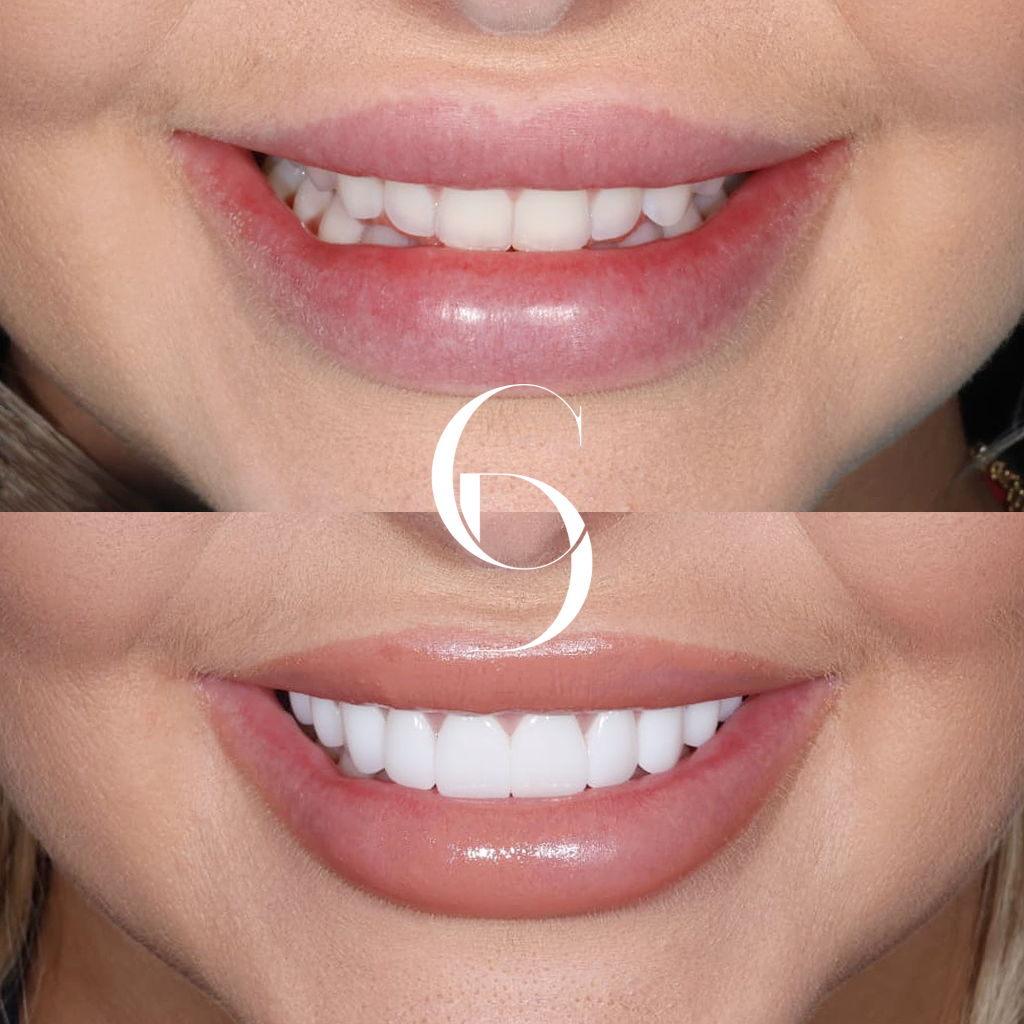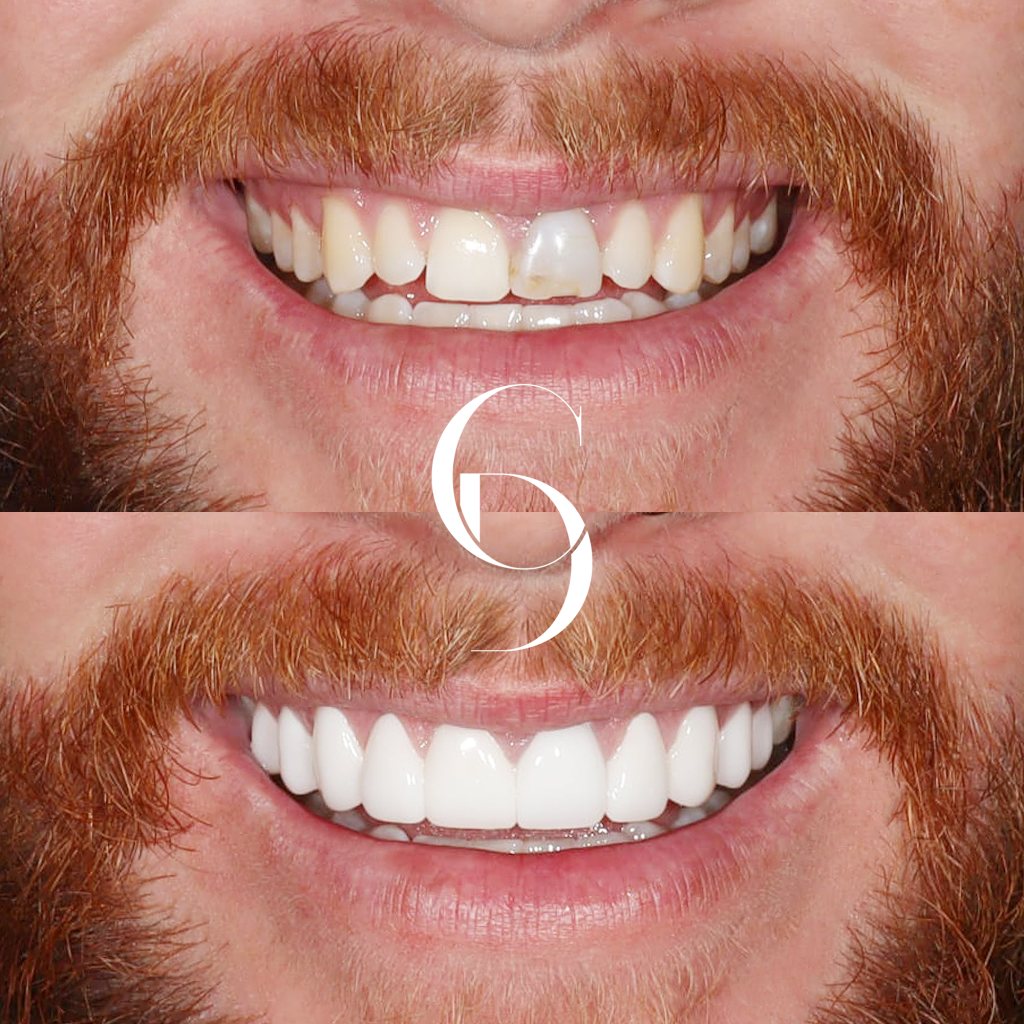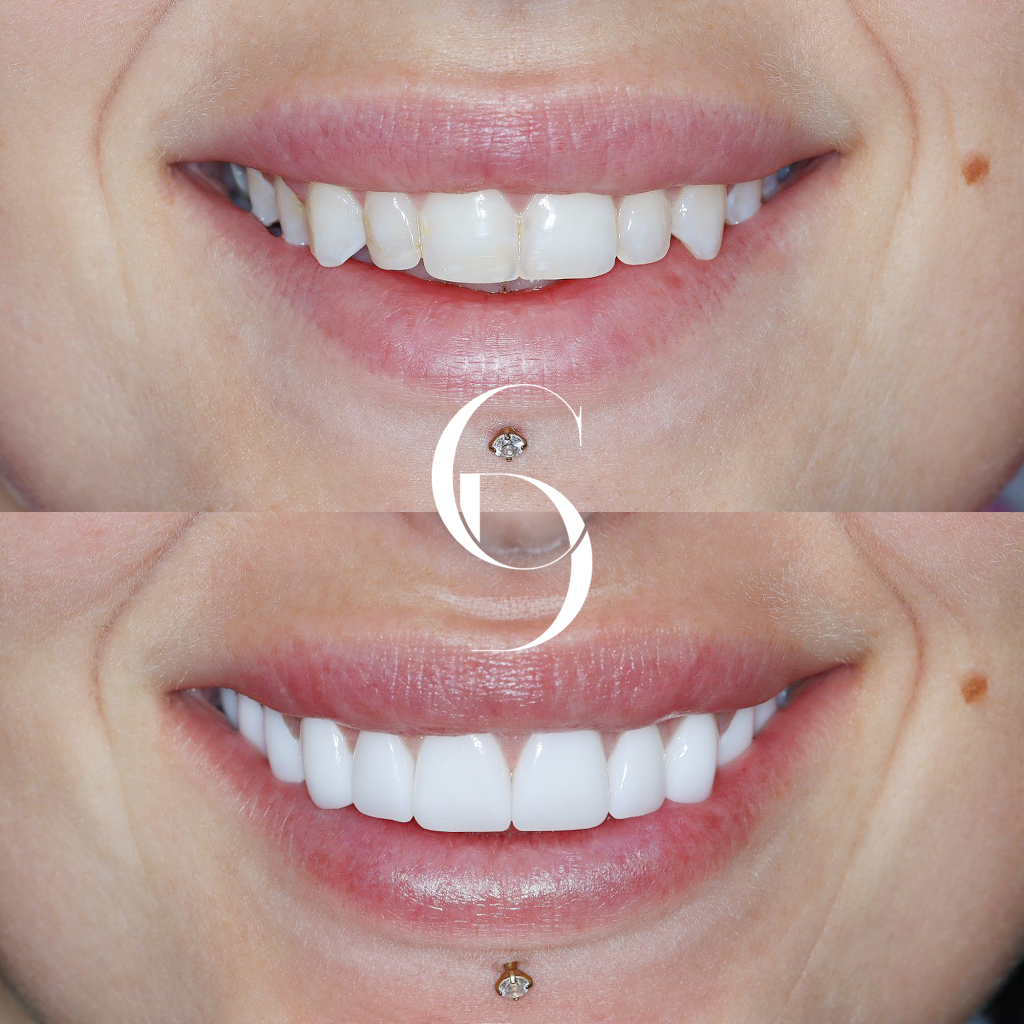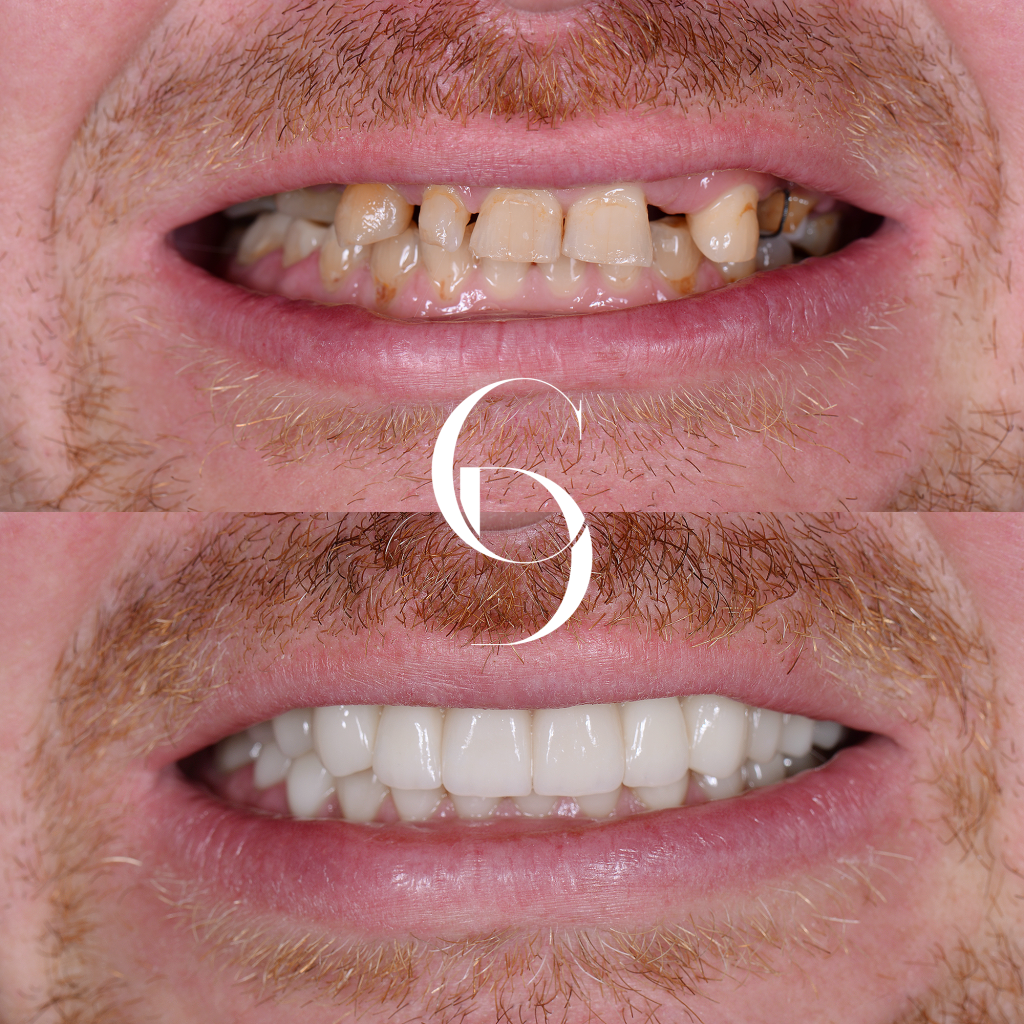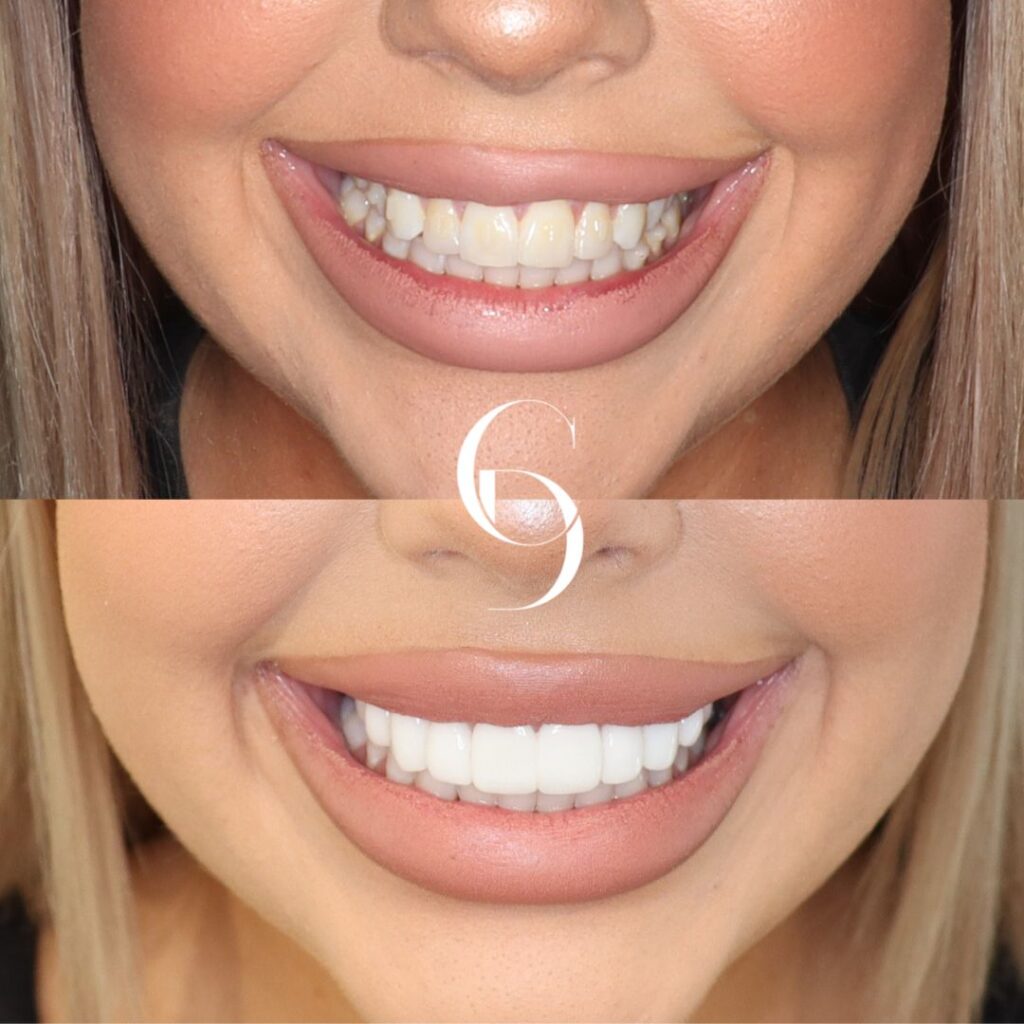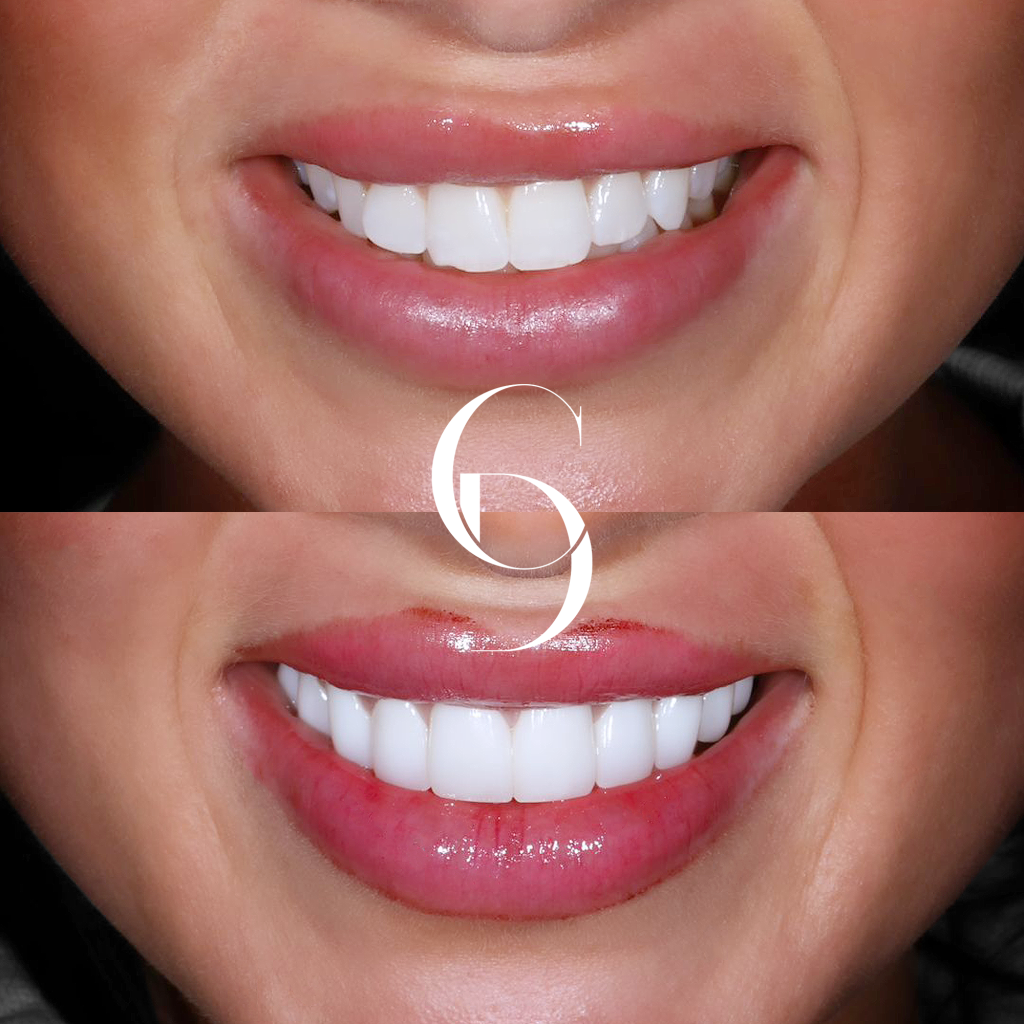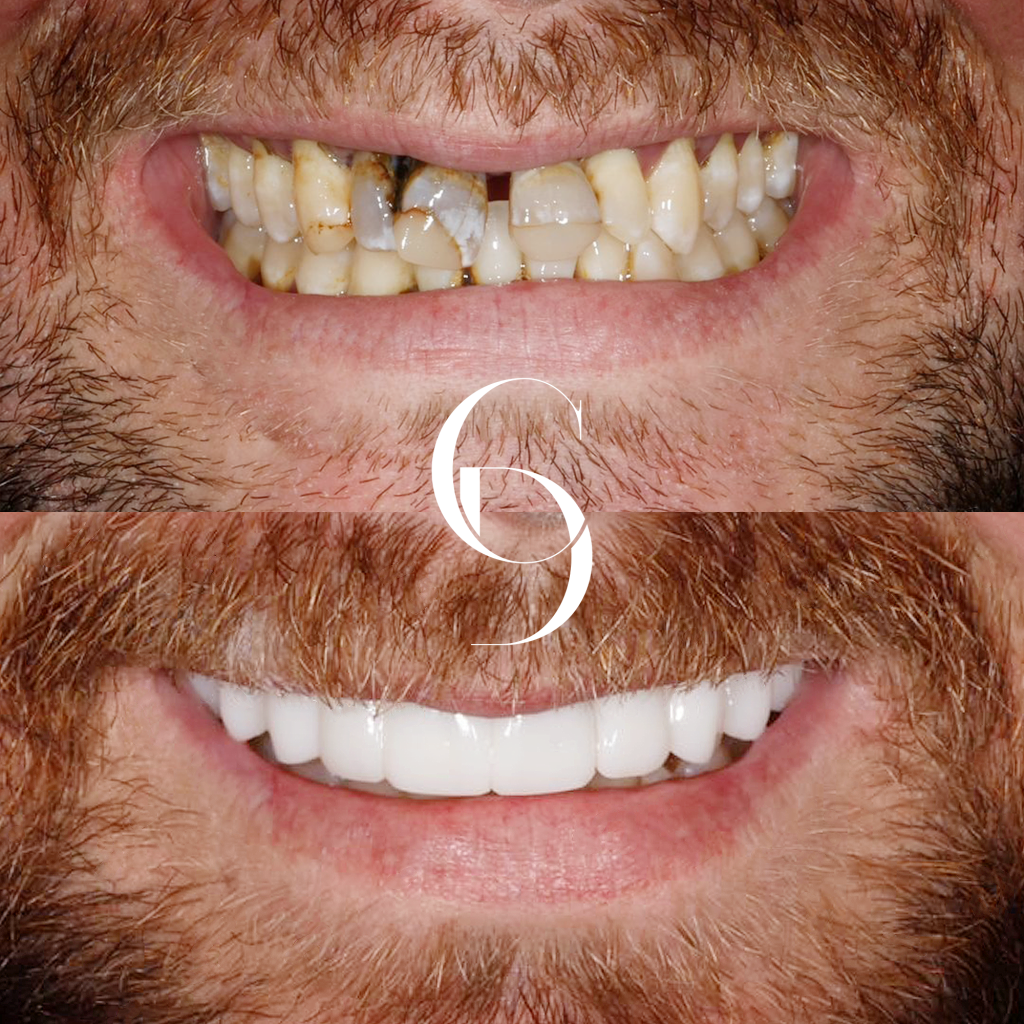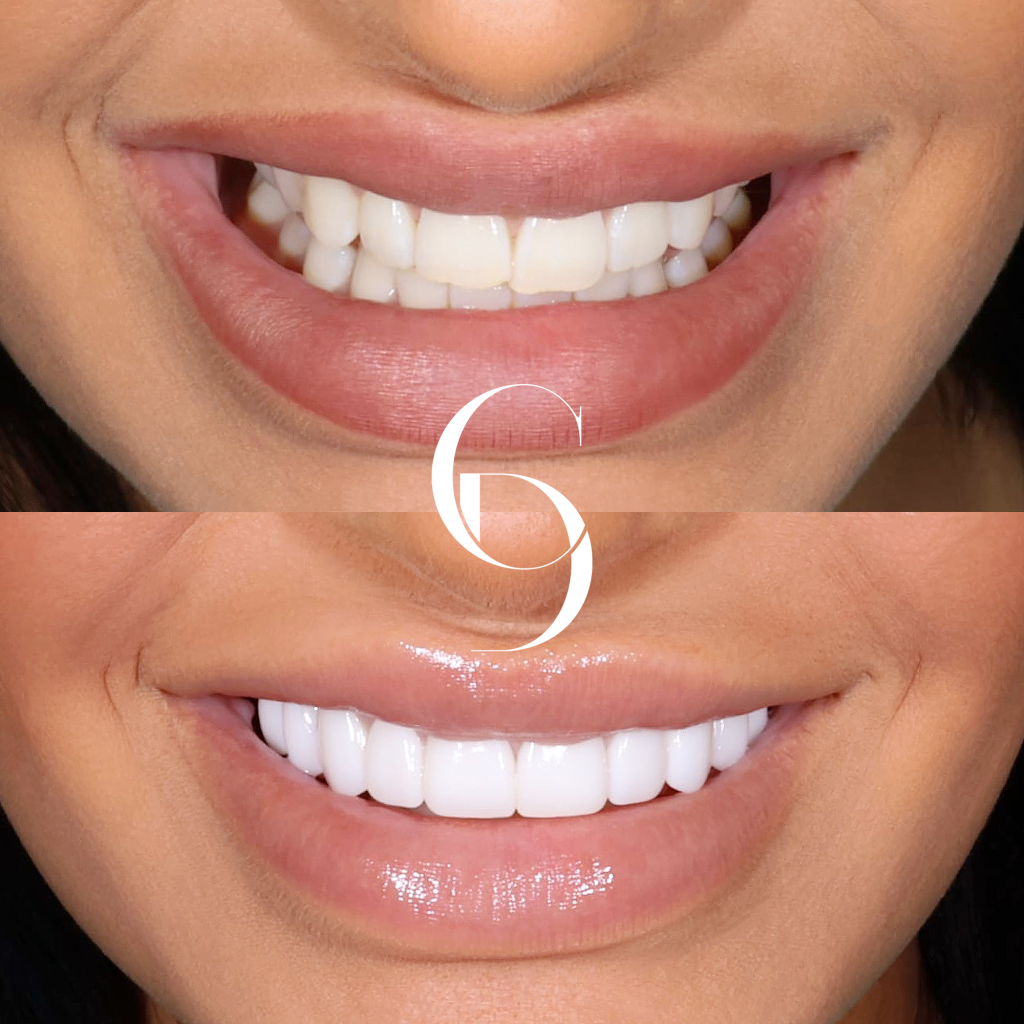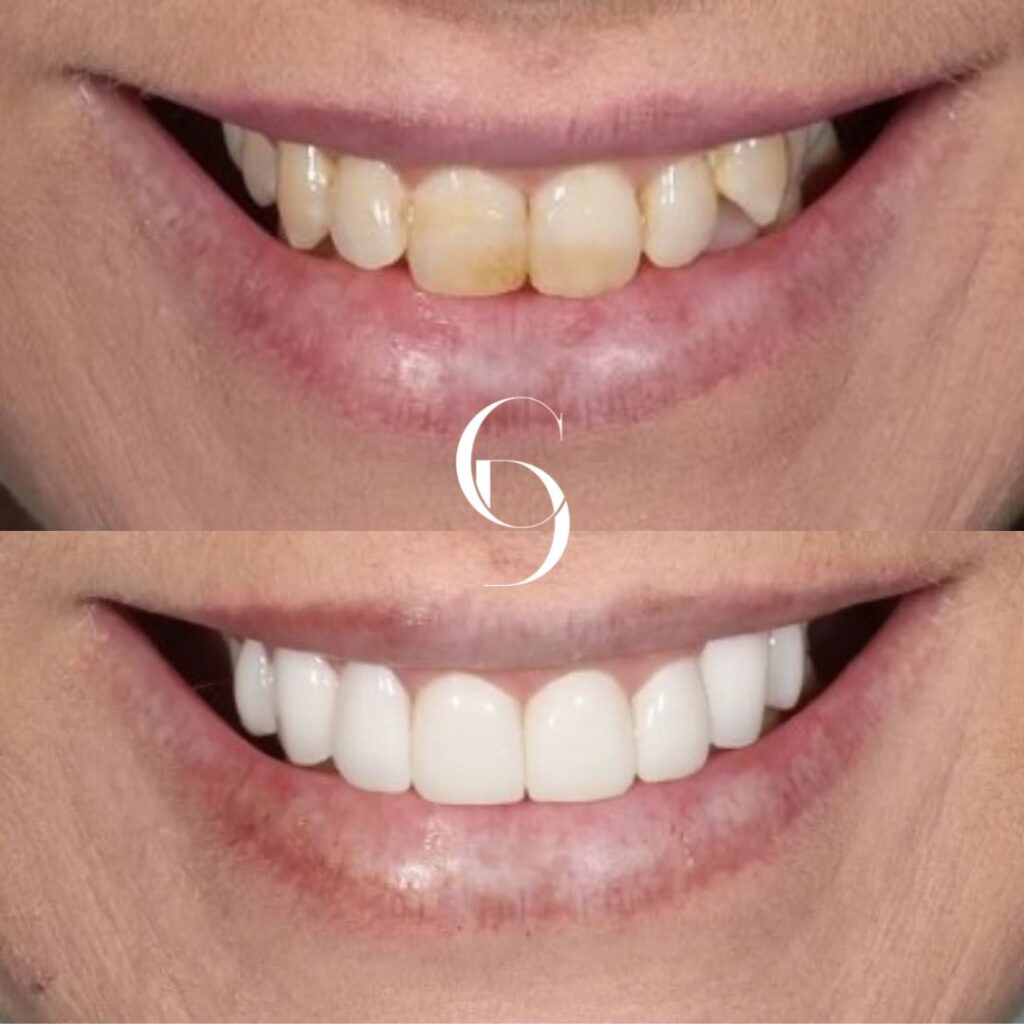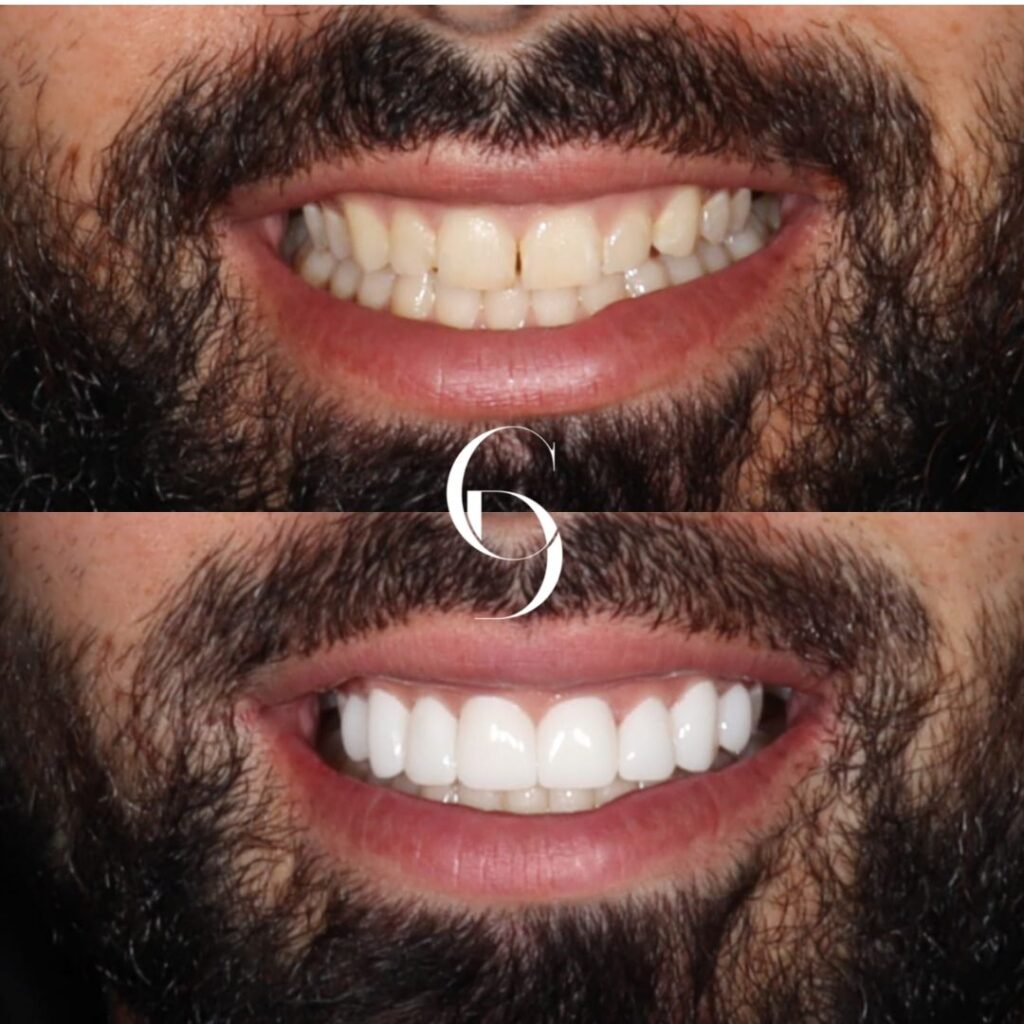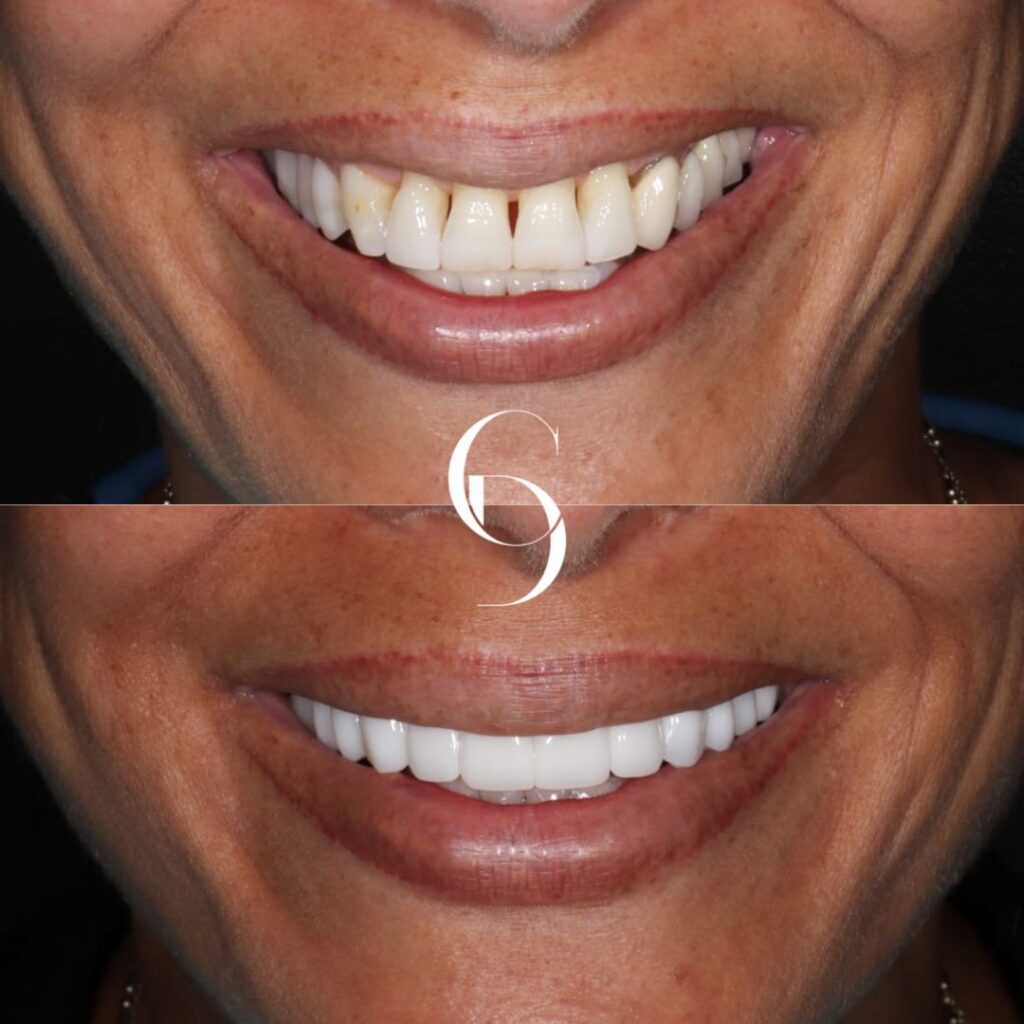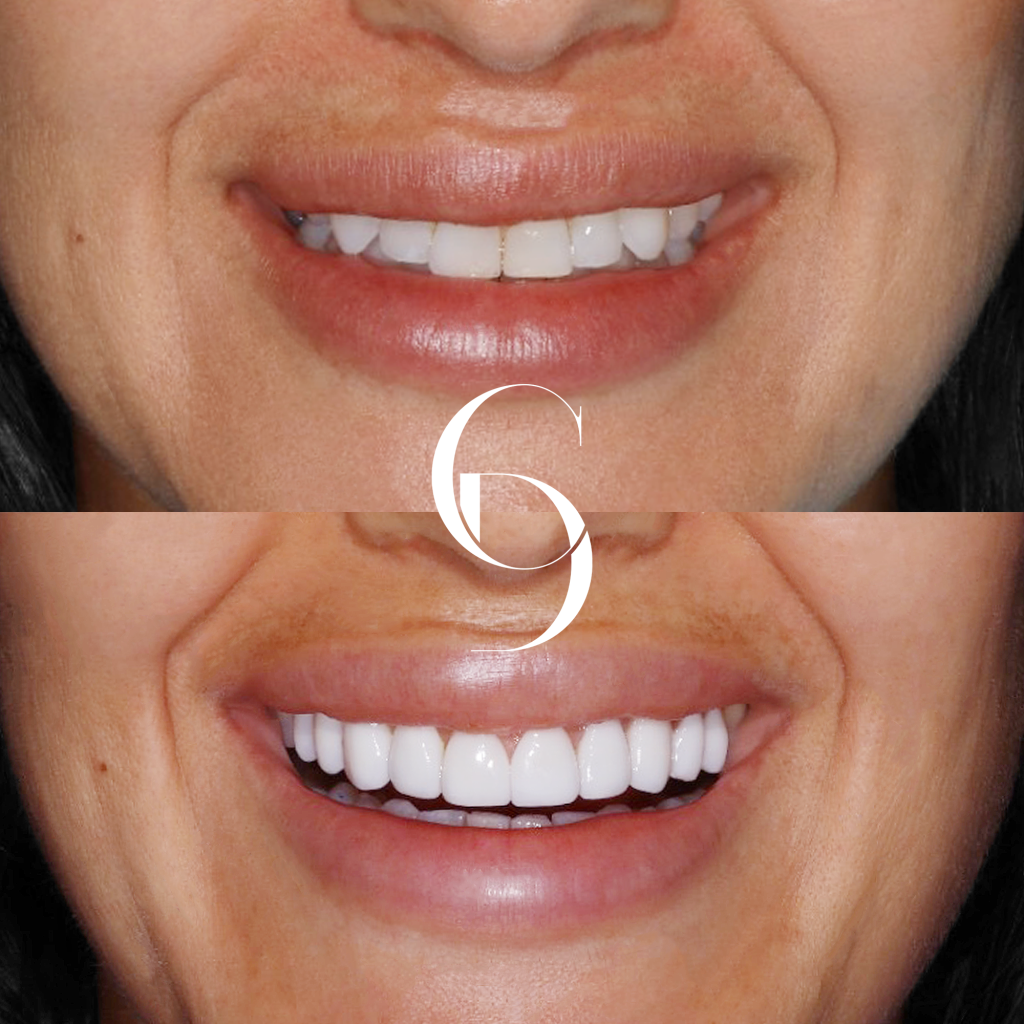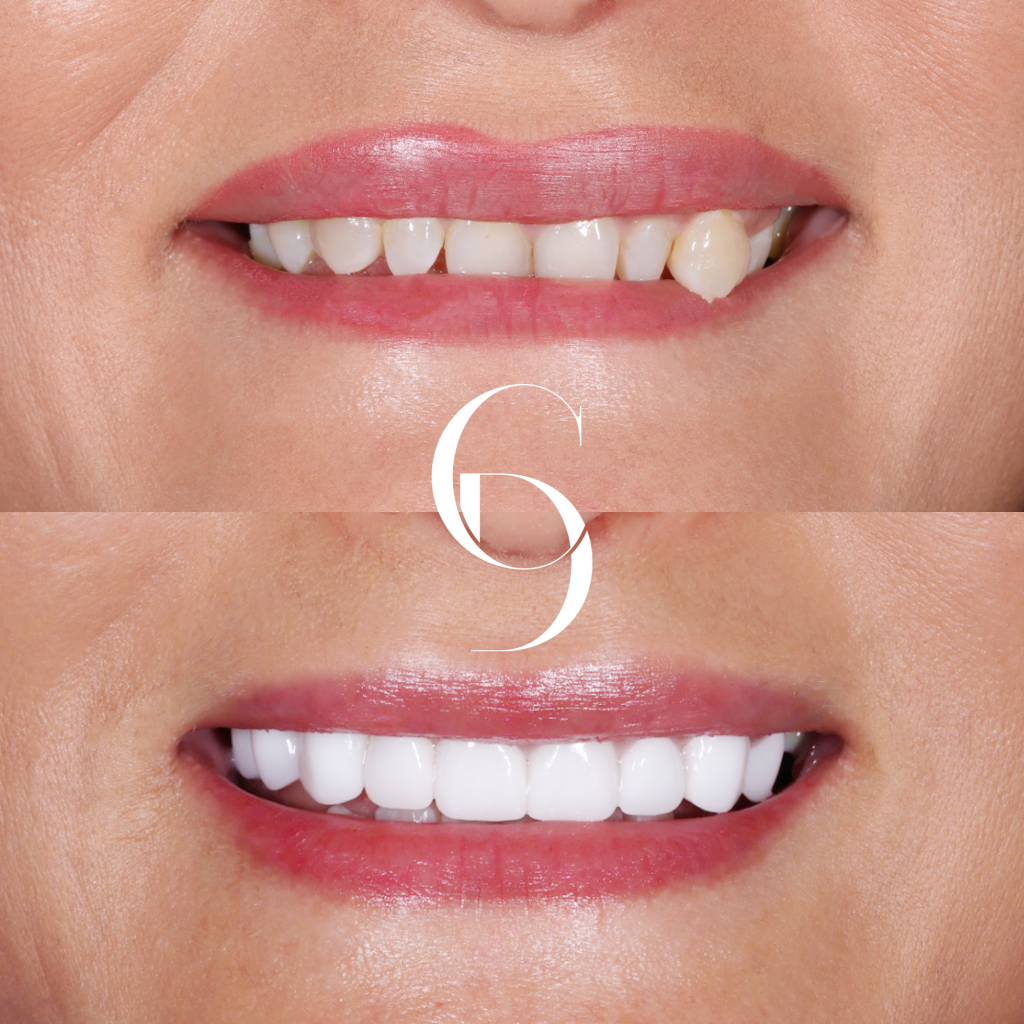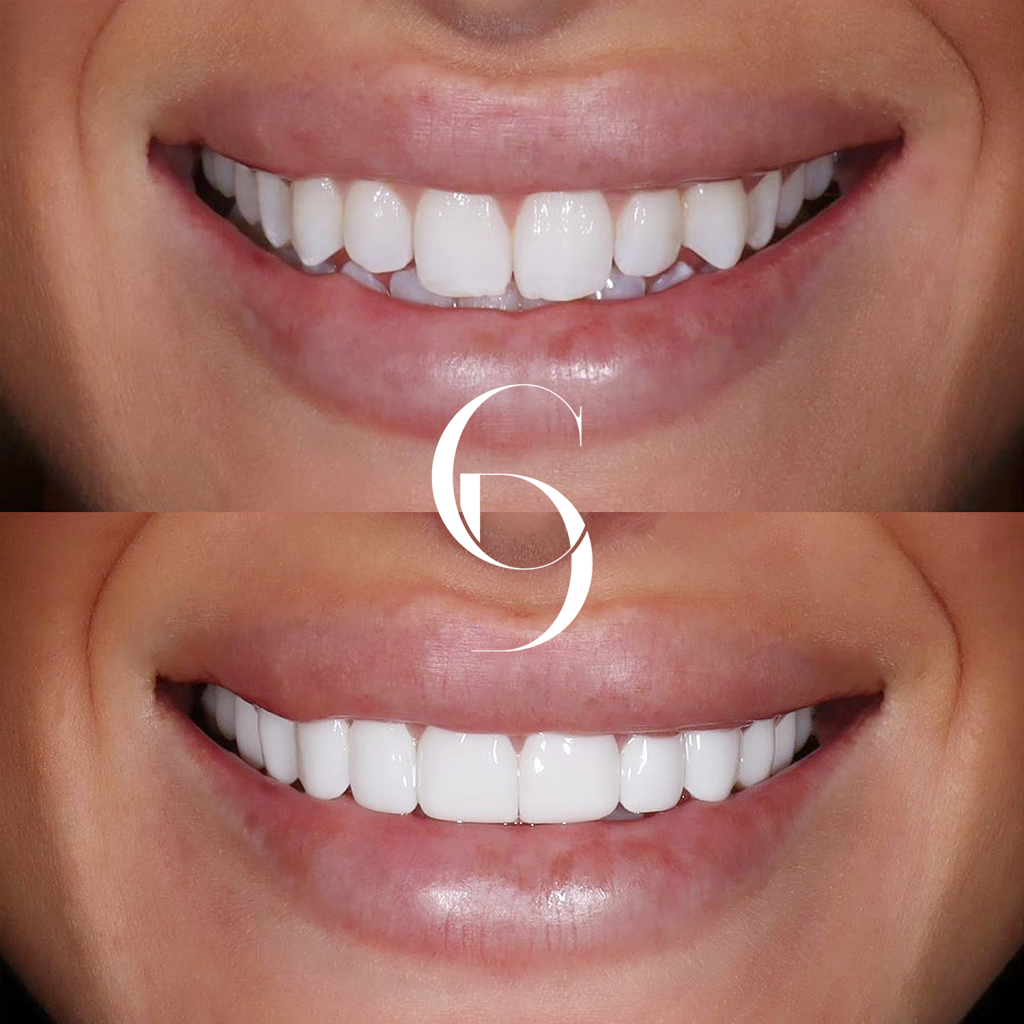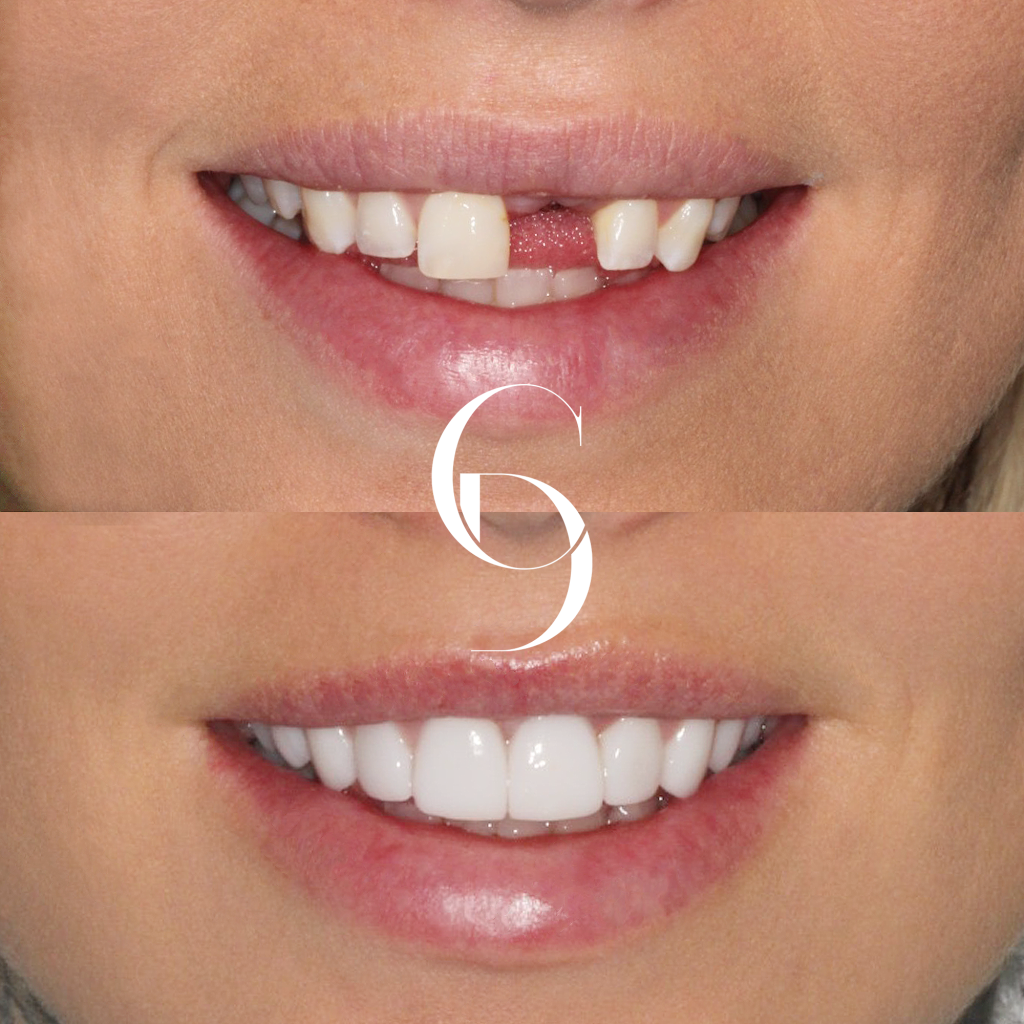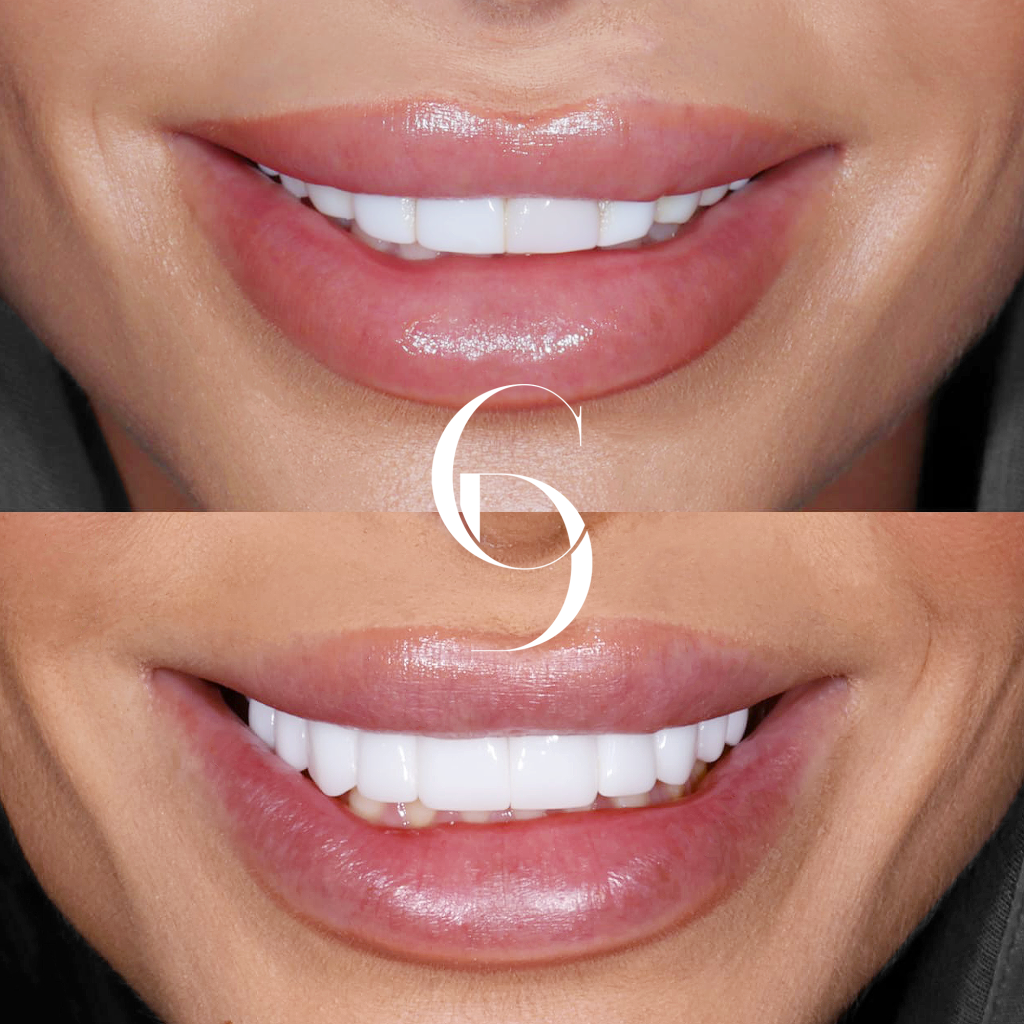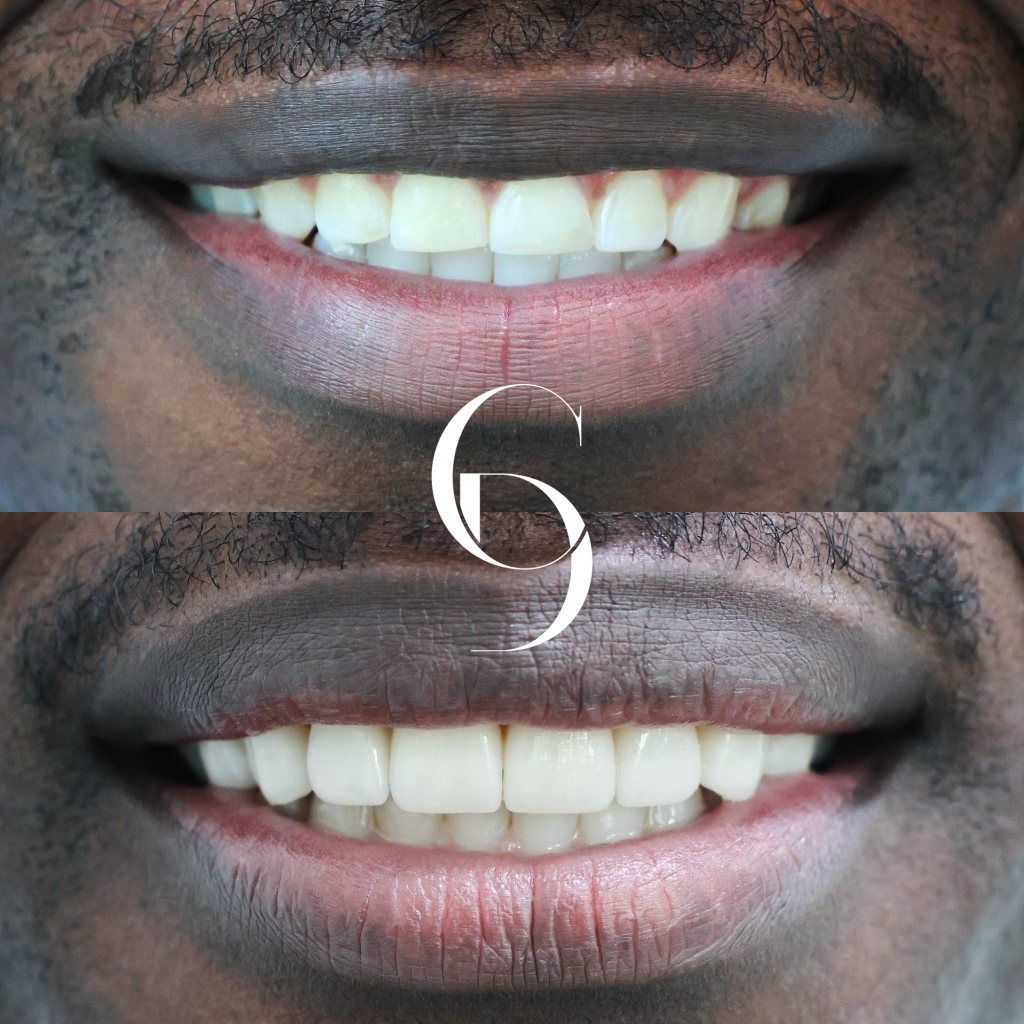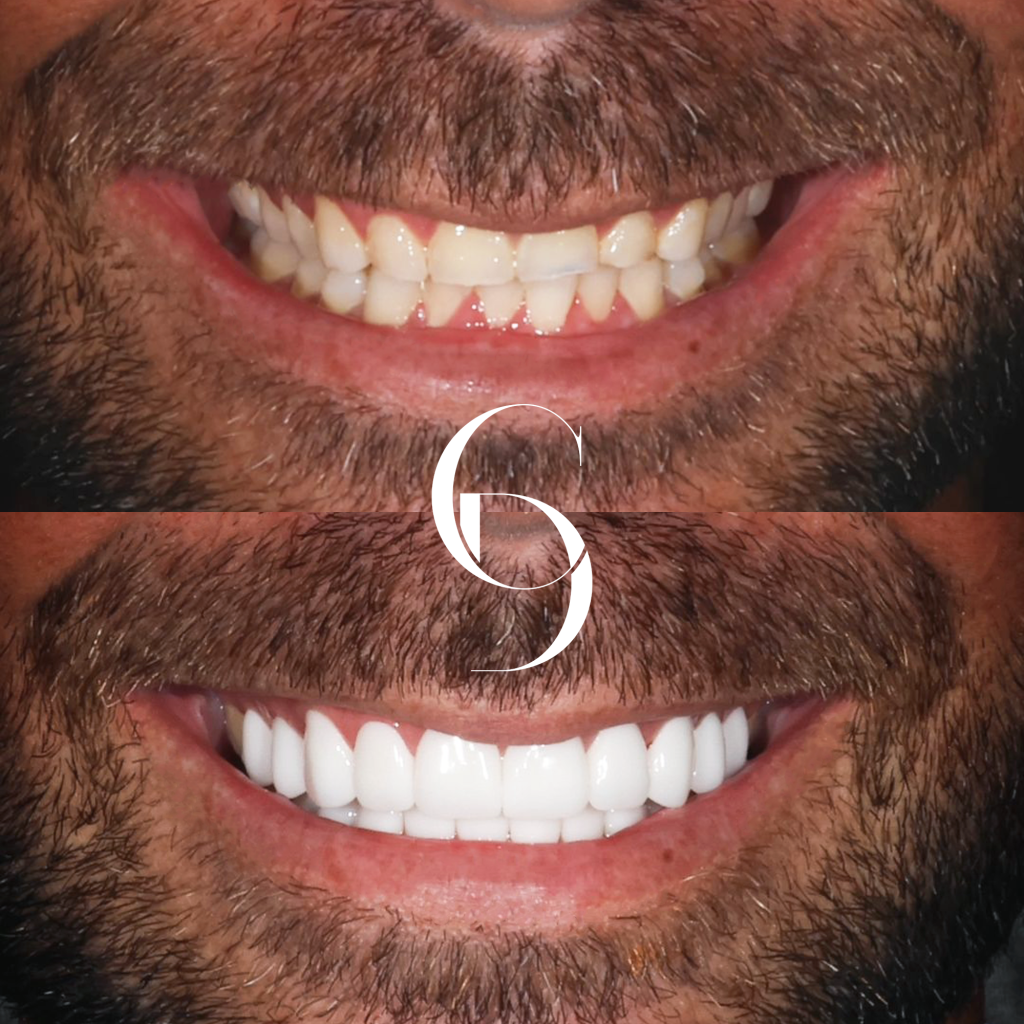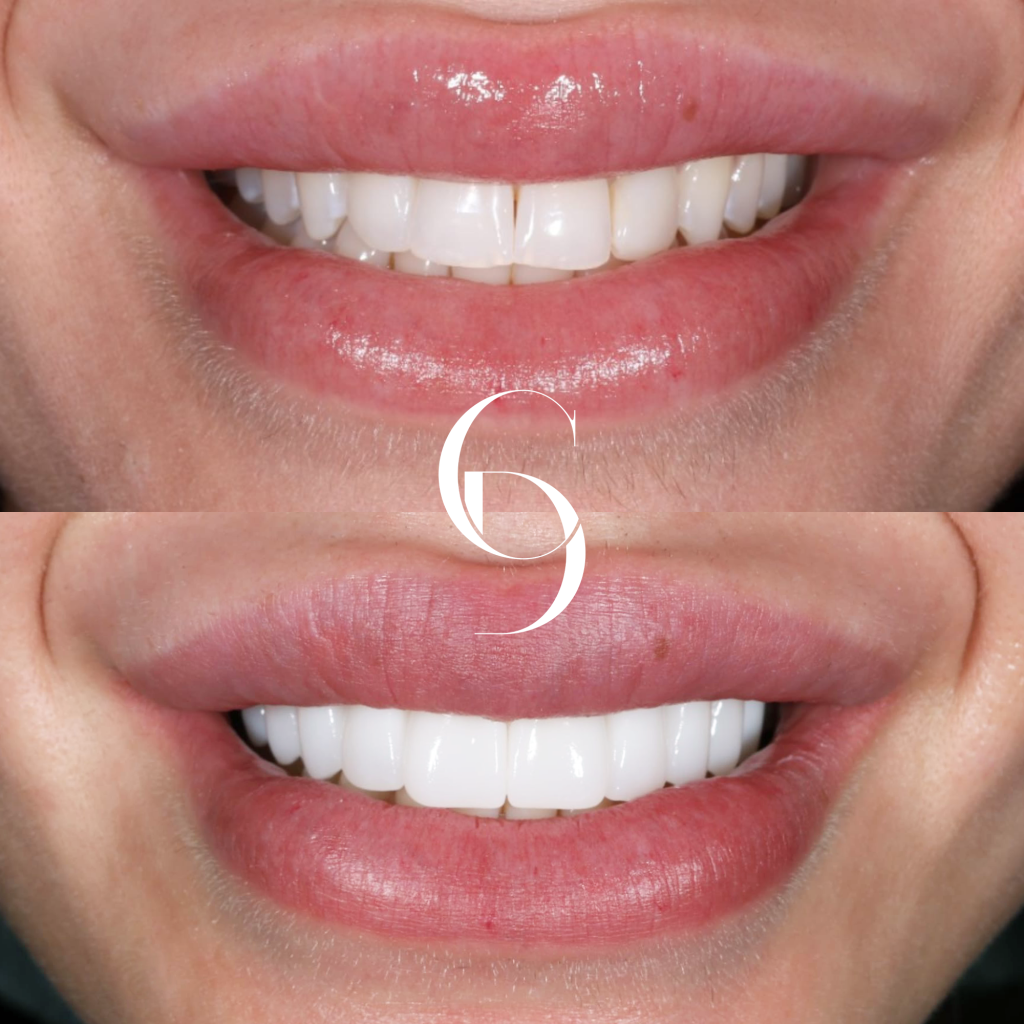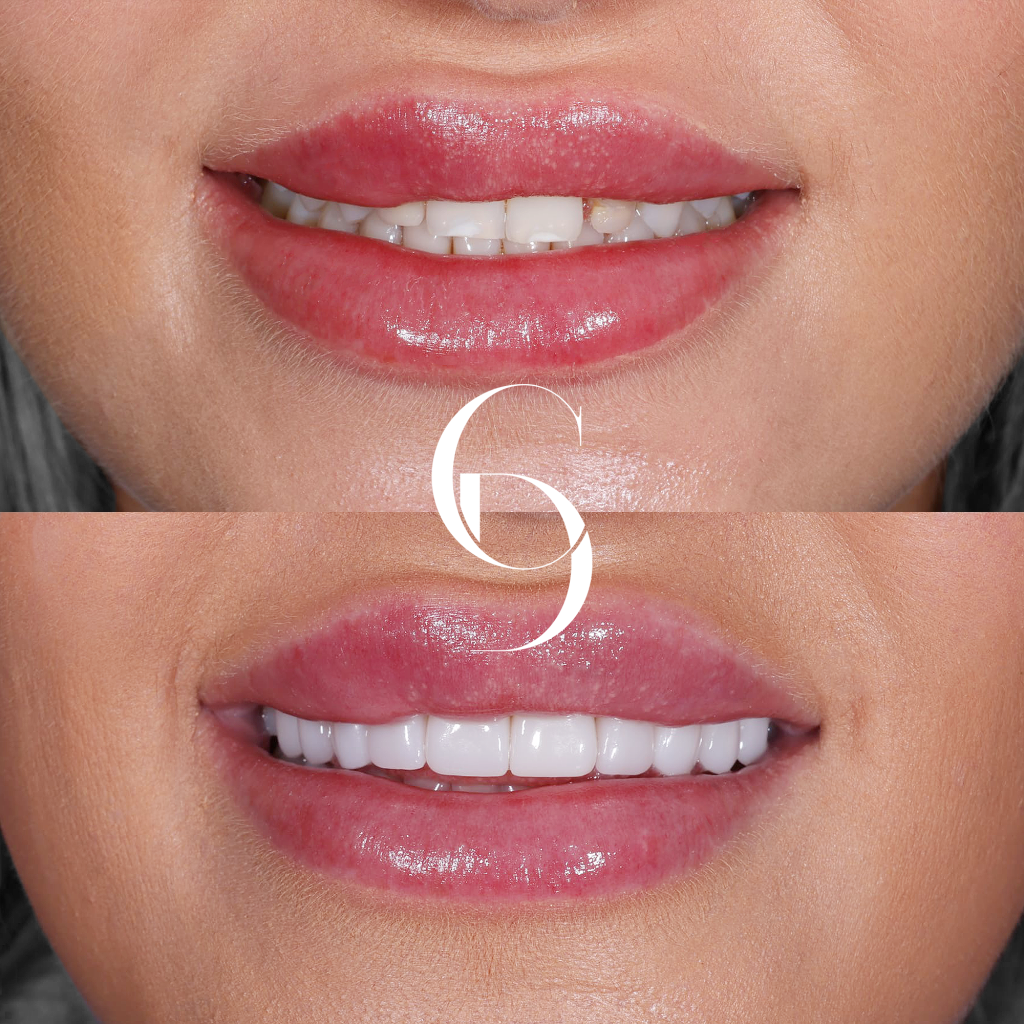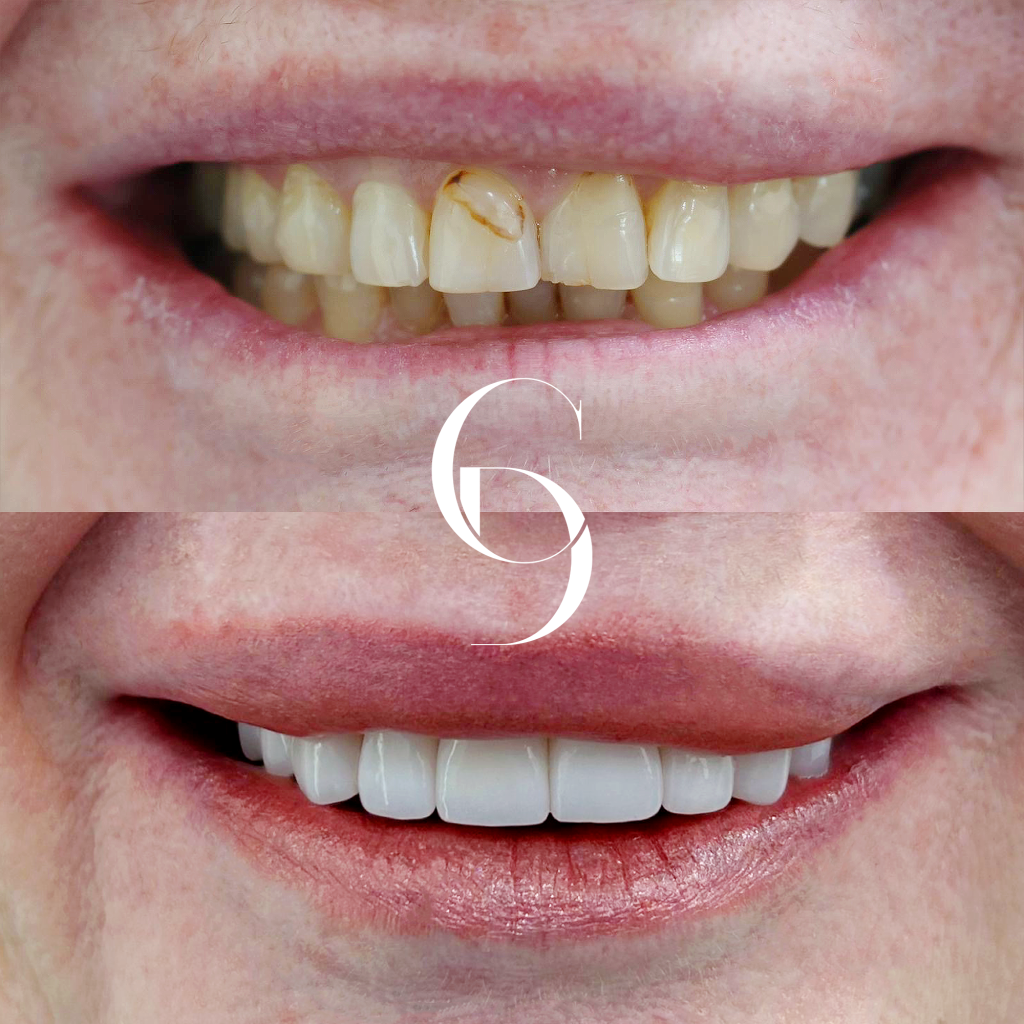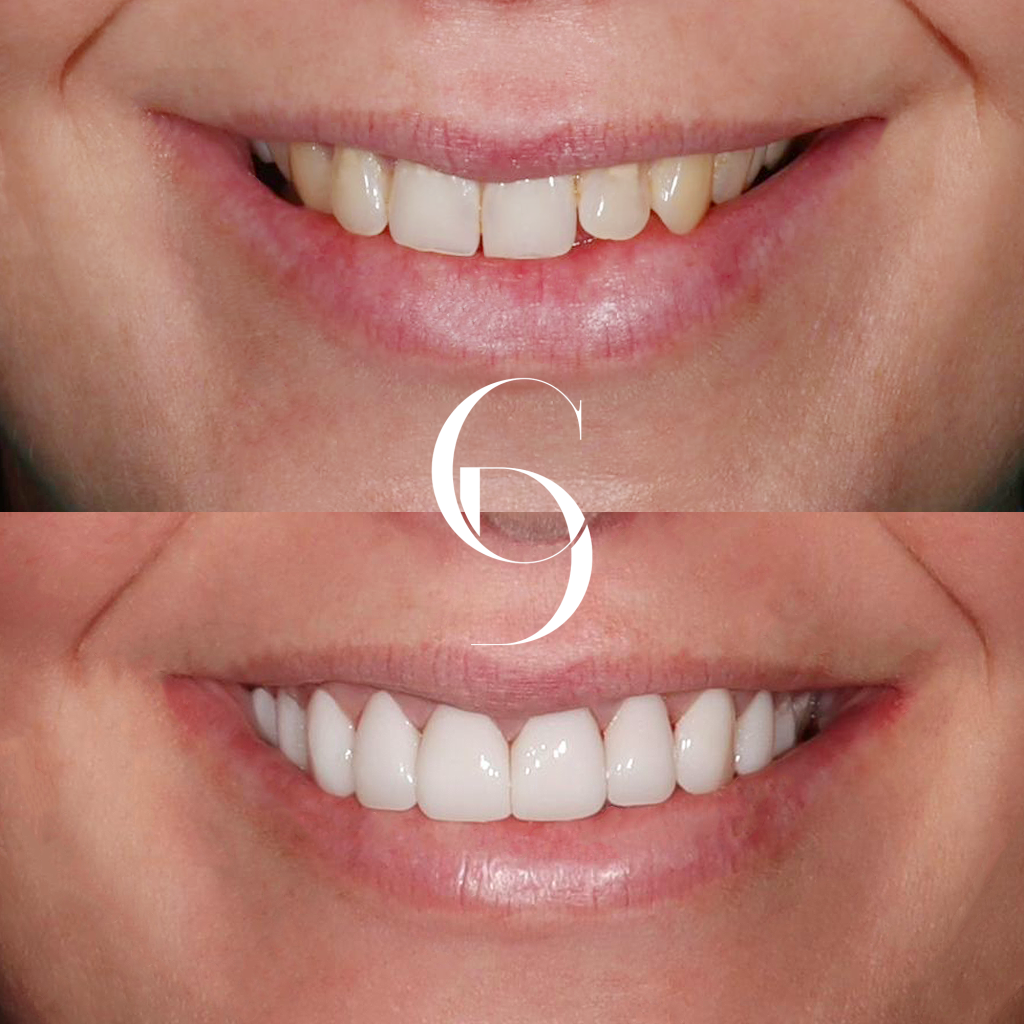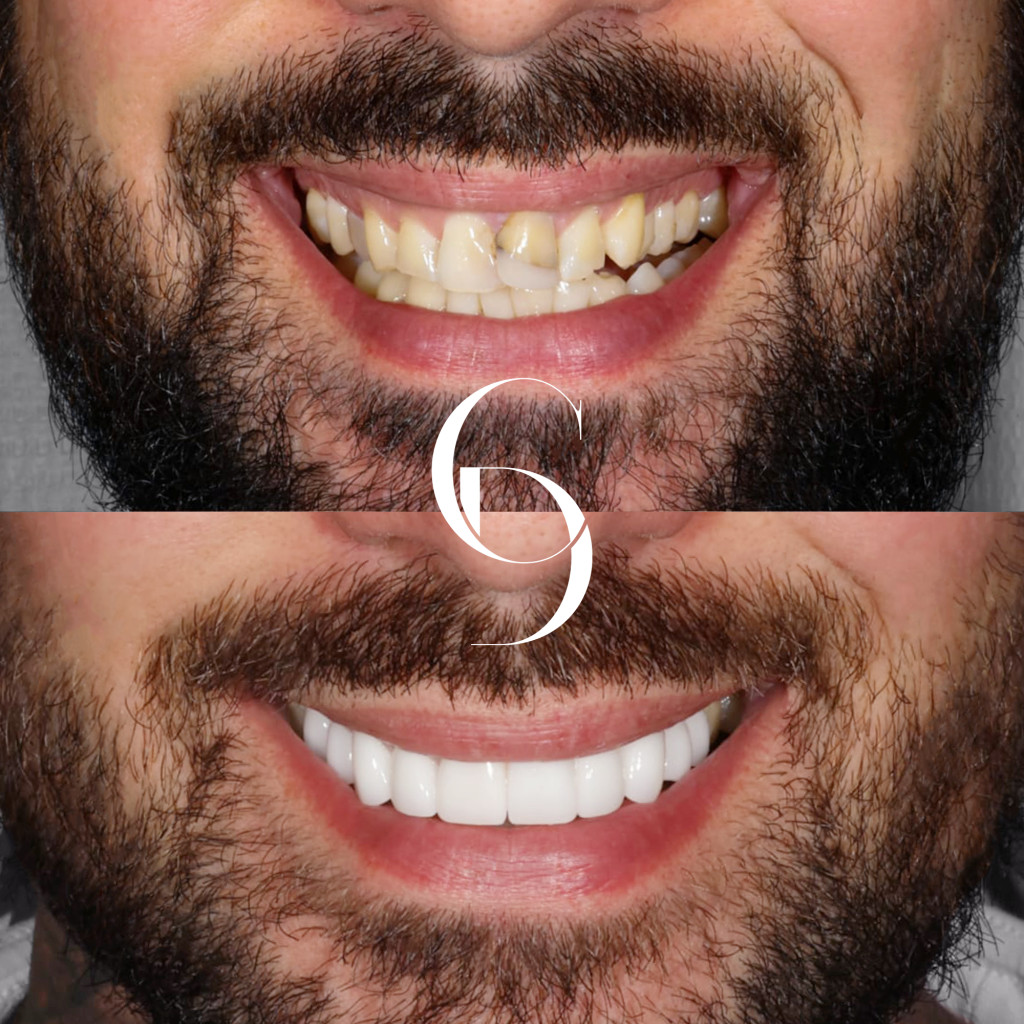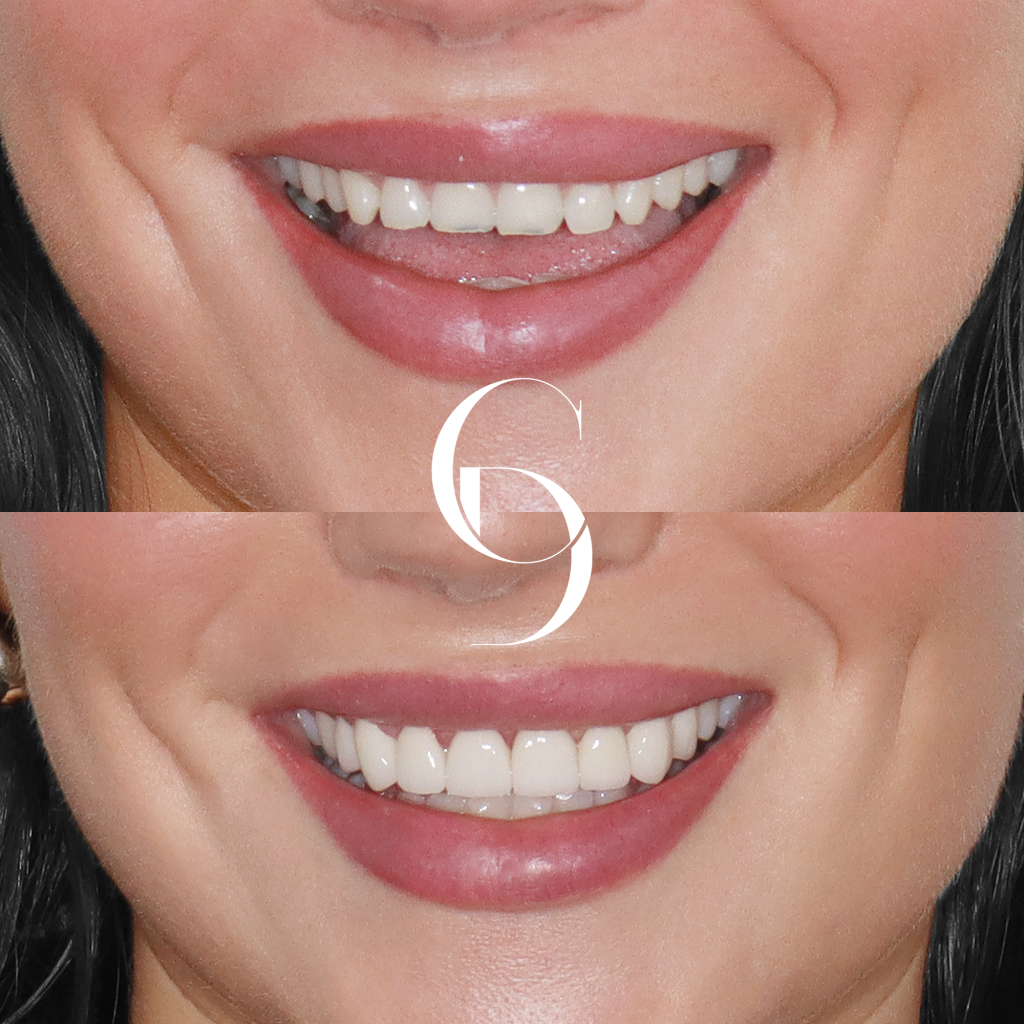Several people regard vaping as a part and parcel of their lives. Many enjoy it as a less harmful alternative to smoking. As per a 2022 study in the Medical Journal of Australia, 26% of Australian adolescents have experimented with vaping. Though the majority of people talk about vaping’s harmful effects on physical health, oral health is mostly neglected.
The adverse effects of vaping are quite evident, as it develops issues like stinking gums, stained teeth and many others. If you have also been vaping for a while or are thinking of starting, you must know how it gets your oral health towards deterioration and what to do to alleviate the consequences.
How does vaping affect the teeth?
Dry mouth:
Vaping dries out the mouth, which makes it harder to fight off bacteria and leads to cavities. Saliva helps to neutralise acids in the mouth and protect the teeth from decay. When the mouth is dry, there is less saliva to do this job.
Cell Death
Vaping aerosols can trigger inflammation and DNA damage in human gum cells, potentially accelerating aging and causing cell death. Live cells exposed to these aerosols may lose their ability to divide and grow.
Tooth staining:
The propylene glycol and glycerol in vape liquids leave a sticky residue on the teeth that traps stains from things like coffee, tea, and red wine. This makes the teeth appear yellow or brown and forces you to undergo expensive treatments like veneer teeth, teeth whitening or others.
Bad Breath
Vaping causes bad breath, also known as halitosis. The chemicals in vape liquids irritate the gums and mouth, resulting in bacteria buildup that causes bad breath.
Tooth Decay
One of the most common oral health problems associated with vaping is tooth decay. The aerosol produced by vaping devices contains chemicals that damage the enamel, the hard outer coating of your teeth. Once the enamel is affected, the teeth are more susceptible to bacterial attacks, resulting in cavities.
Gum Disease
Vaping increases the risk of gum infection, damaging the soft tissue and bone supporting your teeth. This is because the nicotine in vape liquids constricts blood vessels and reduces blood flow to your gums. When your gums do not receive enough blood, they are more prone to infection and inflammation. Gum disease gives rise to several problems – bleeding, swollen, and receding gums.
Bone Loss
Vaping leads to bone loss in the jaw, known as osteonecrosis. The chemicals in vape damage the blood vessels that supply blood to the jawbone. When the jawbone does not receive enough blood, it starts to die and break down. Give rise to Osteonecrosis – a very serious condition that leads to pain, difficulty chewing, and even tooth loss.
Reviving The Oral Health Affected by Vaping?
Here are a few tips to help you improve the appearance of teeth affected by vaping. These include:
Stay Hydrated:
Vaping contributes to dry mouth; drinking plenty of water helps alleviate dry mouth and support oral health.
Fluoride Mouthwash:
Make fluoride mouthwash a part of your daily oral care routine. Fluoride, known for its enamel-strengthening properties, becomes especially valuable if vaping has led to any signs of enamel erosion
Dental Veneers:
Dental veneers, often called veneers porcelain, are thin shells crafted from porcelain or composite resin. Custom-made to cover the front surface of teeth, veneers address discolouration developed due to vaping.
Choose Lower Nicotine Levels:
If you’re using e-cigarettes as a smoking cessation tool, gradually reduce the nicotine levels in the e-liquids. Consult with a healthcare professional or a smoking cessation program to create a personalised plan for quitting.
Avoid Flavorings:
Consider using simpler, less flavoured options if you notice any adverse reactions. Be aware that certain flavourings have varying levels of safety when inhaled, and research on the long-term effects of inhaling flavourings is ongoing.
Conclusion
While vaping is often considered less harmful than smoking, it poses risks to oral health. Staying well-informed and seeking professional guidance is crucial for minimising potential oral health consequences associated with vaping.

